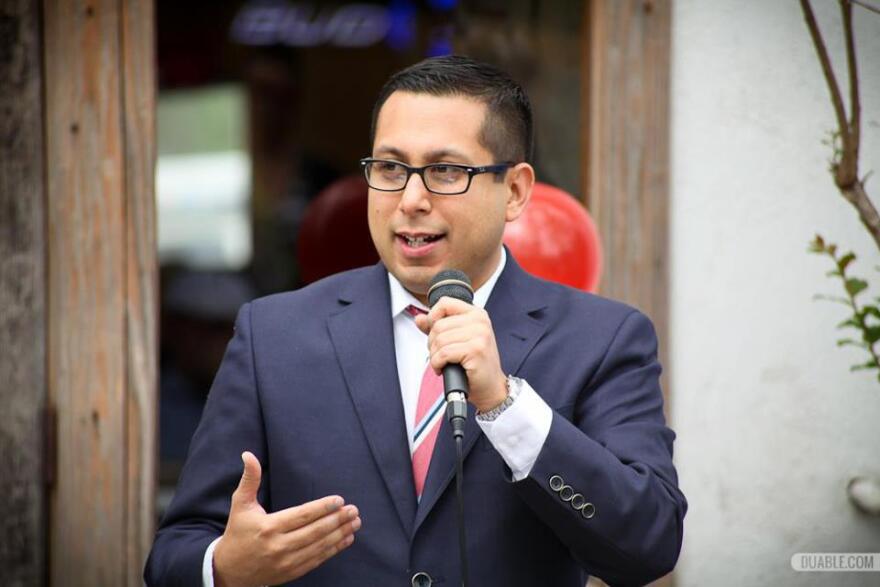In a city like San Antonio, the question has become: Is the city growing in a way that is pushing long-time residents out of neighborhoods as it transforms?
Seeing examples from across the country of growth that completely takes over a town and forces generations of families out of their homes due to wealthier people infiltrating areas, District 1 Councilman Diego Bernal thinks it's time to study how San Antonio grows.
It may not ever be a problem, he said, but he doesn't want to be caught off guard.
"It may never happen but let's say that it might, we want to be ready for it so that we can balance it in a better way," Bernal said.
The word often used to describe the takeover of neighborhoods that pushes property values up, forcing people who can't afford those values out, is gentrification. However, Bernal is avoiding the term and is instead giving his plan another name: The heritage plan.
"I think that when we draw a line in the sand and say it's good or bad, that's not necessarily very sophisticated I guess," he said. "But the way I see it is, we should encourage people to come in and revitalize our neighborhoods. We also want to make sure that some of the folks who've lived there for a long time get to stick around to enjoy that."
All cities experience their ups and downs. The thing about San Antonio, according to Trinity University professor Dr. Christine Drennon, is that growth in the Alamo City here doesn't happen overnight.
Drennon teaches urban studies and Bernal has asked her to help figure out if there is an issue with the city's growth patterns and whether a wealthier class is pushing out families who've been a part of neighborhoods for generations.
"It is a class issue, and the people that are being displaced are of a lower class, if that's happening, a lower income level I should say, because even class has got some connotation, a lower income level," Drennon said. "That's the concern here, that's the worry."
Just as Bernal had expressed concern, Drennon also noted that demographics in some cities change fast. The difference, according to Drennon, is that San Antonio has had a steady, diversified economy. What's really unique, she said, is that the city has a large middle class that is non-white.
Drennon's research will include best practices and policies and how they apply to San Antonio. She is expected to present findings to the city council over the summer.
Bernal repeated the reason for approaching the subject.
"I just want to also make sure that as the city, especially the center city, gets all of that improvement, it gets all of that investment, that the folks who've lived there for a long time, have owned their houses for a long time, also get a chance to enjoy it," he said.
Through Drennon's research, Bernal hopes to learn more about what's happening in San Antonio before he tries to propose any formal policy. He said he wants investment and improvement in his inner-city district that also recognizes the generations of people who've shaped what San Antonio is today.





